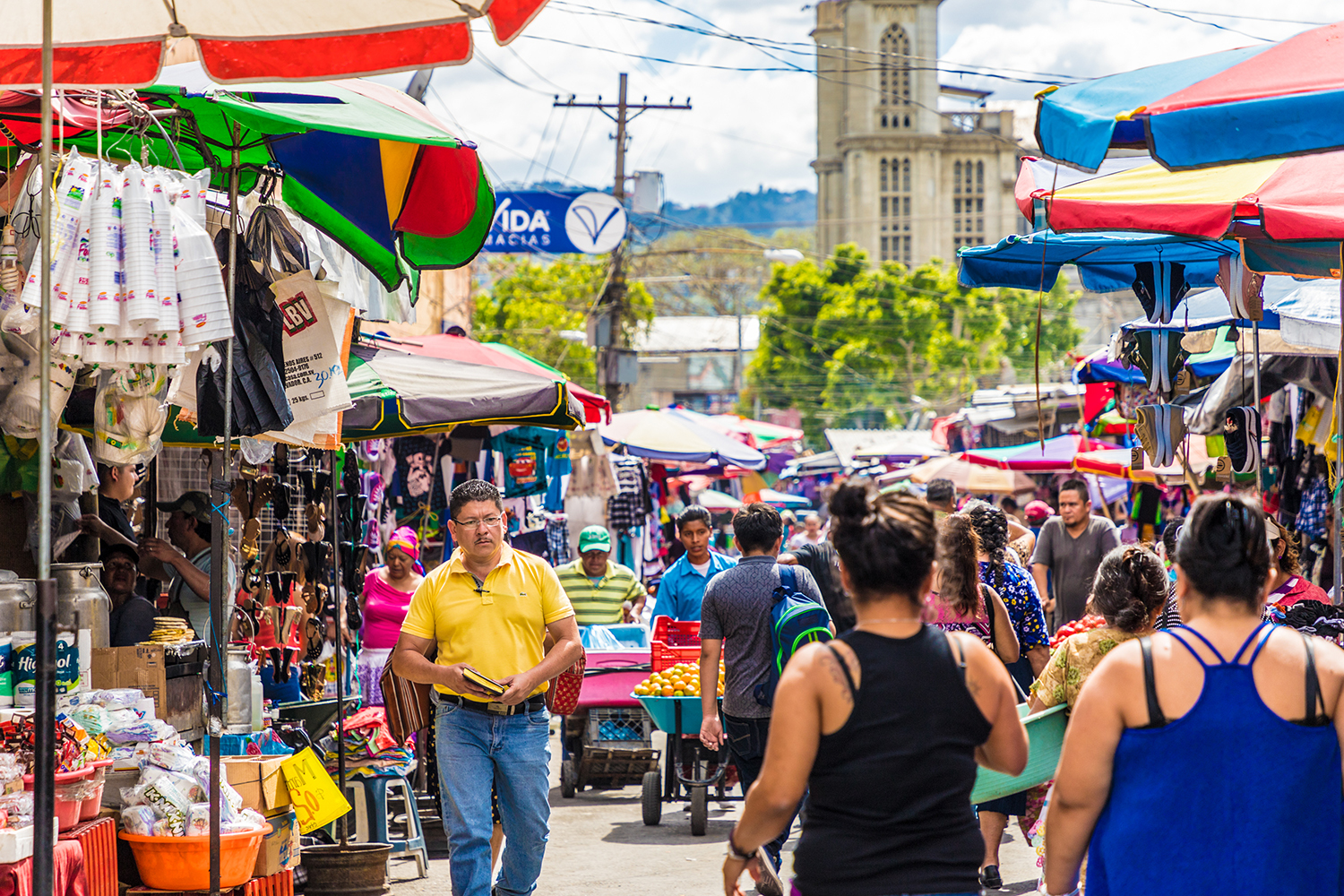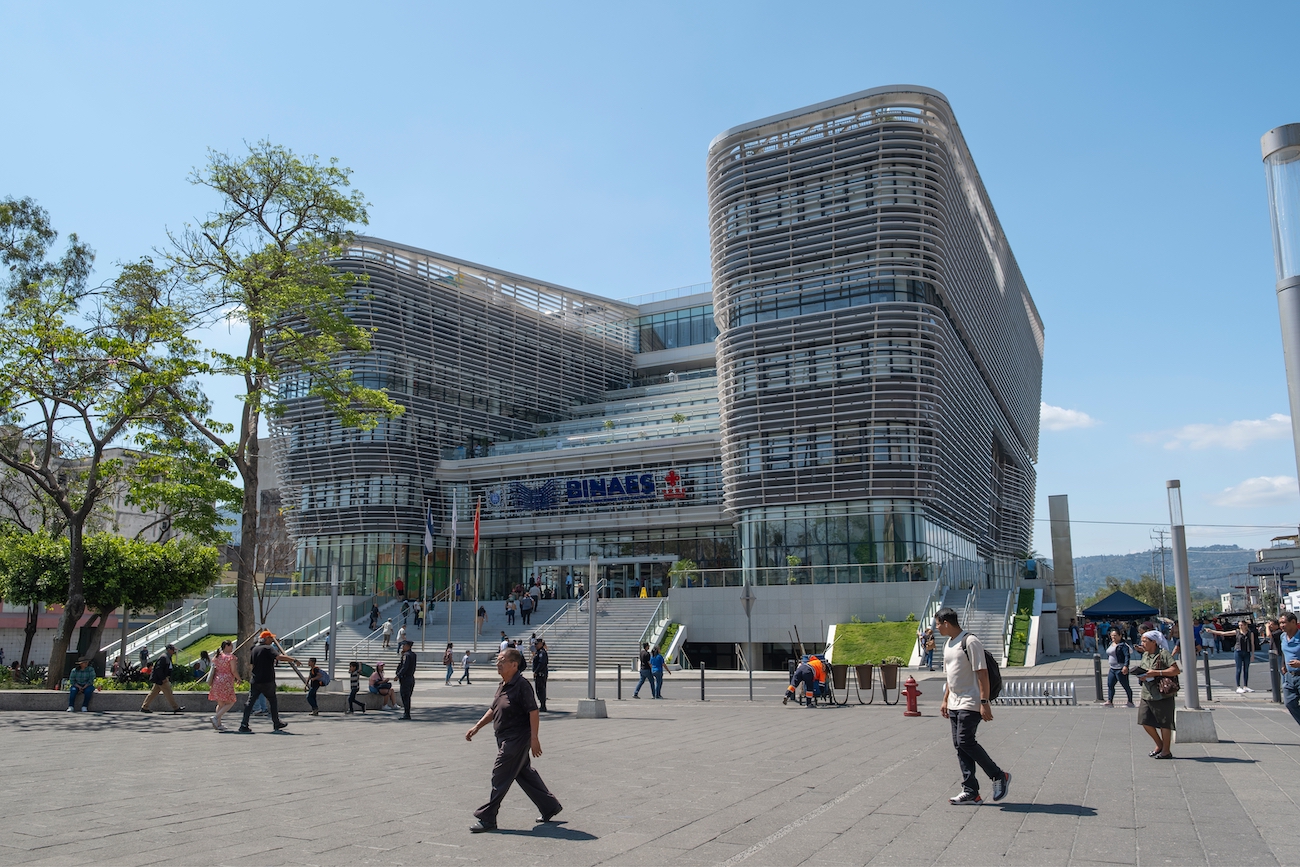El Salvador Free Trade Zones

As the government works to increase FDI through various strategies and initiatives, one of the most promising for investors is its continued promotion of free trade zones (FTZ). FTZs are designated areas where goods can be imported, manufactured, and re-exported without the usual customs duties and regulations that apply outside these zones. Companies operating in these zones can take advantage of lower operational costs, making it attractive for manufacturing and export-oriented businesses. These FTZs offer tax incentives and exemptions for foreign investors and are designed to attract companies looking to manufacture and export goods without the typical customs duties.
The main FTZs of El Salvador include Zona Franca de San Salvador and Zona Franca de Santa Ana. Historically, these zones focused on sectors such as textiles and food processing, though with the textile industry declining in recent years, the electronics industry is rising to take its spot in contributing to the country’s economy.
TBY spoke with Minister of Economy María Luisa Hayem about the government’s efforts. “We are implementing trade facilitation measures to reduce costs and improve the speed of imports, ultimately lowering consumer prices and easing the pressure on the cost of goods. The second strategy focuses on technology, creating an attractive environment for tech companies. The country has passed a law offering 15 years of fiscal incentives, providing benefits such as zero income taxes, municipal taxes, and tariffs on inputs for tech products and services, including software and drone hardware.” Google’s arrival in El Salvador in 2024 highlights the success of this initiative, with more than 30 companies already benefiting from these incentives, including some El Salvadoran ones.
Sweeping reforms are generating more interest in the country’s business environment. The International Services Law offers incentives for as long as a company is established in the country, and a new Income Tax Law exempts capital transfers to the country from taxation. Other reforms have worked to reduce bureaucracy, leading some entrepreneurs to now be able to establish companies within a week. “Several reforms have had a catalytic effect,” said Minister Hayem, “for example, the Free Trade Zone Law was modified in order to incorporate the food and beverages sector, generating more investment in the country.”
The country, she said, is also actively working to digitalize government services. She cited the Ministry of Economy’s Directorate of Investments now fully-digitalized services, which allow companies to access tax incentives like those under the Free Zone Law through a new online platform. “Furthermore, the ministry has three key projects planned to attract more investment, including the modernization of the customs offices, a USD60-million project underway with the Development Bank of Latin America and the Caribbean,” she said. Additionally, the government has been engaging in international trade agreements to open new markets for El Salvadoran products.
And numbers show that the efforts the government is making toward creating a more favorable business environment are working, with numerous new enterprises enjoying the simplified regulations and reduced bureaucracy. “In 2023, 3,340 companies were established in total—an impressive figure; however, in the first nine months of 2024, there were already 3,900 new companies in the economy. The 3,340 companies established in 2023 include technology, manufacturing, trading, and tourism companies,” said Minister Hayem, adding that: “One positive aspect for the economy is that growth has been multi-faceted, multi-sectoral, and multi-territorial.”
El Salvador is also focusing on improving its logistics infrastructure to support business operations and attract investment. Given its strategic location in Central America, the country serves as a gateway for trade between North and South America, making efficient logistics vital for businesses operating in the region. Already, El Salvador has a well-developed network of roads, highways, and ports that facilitate the movement of goods, but the country is working on developing this network even further, including upgrading roads, expanding port facilities, and constructing an additional airport. There is even talk of revitalizing the currently dormant railway system to further enhance logistic capabilities.
As part of an agreement with the El Salvadoran government, Turkish company Y›lport is making a USD1.6 billion investment—the largest project in the country’s history—for expanding and jointly operating El Salvador’s Acajutla and La Unión ports. The project aims to triple Acajutla’s current capacity by accommodating larger vessels and facilitating smoother cargo handling, and will also revitalize the port of La Unión, which is currently inactive. “This forward-looking approach ensures readiness for larger next-generation vessels and positions the port as a competitive global player,” said Luis Canto, general manager of Unión Portuaria del Pacífico, the mixed-economy company handling the project. The improvements are set to enable Acajutla to handle around 1 million TEUs annually—four times its current capacity—when phase one is complete (estimated by 2028). The government is also planning a third international airport, the Airport of the Pacific, in anticipation of the increase in business activity happening in La Unión.
By enhancing the overall investment climate and showcasing the potential benefits of investing in the country, El Salvador aims to boost FDI and stimulate economic growth.
By TBY | El Salvador | Aug 05, 2025





